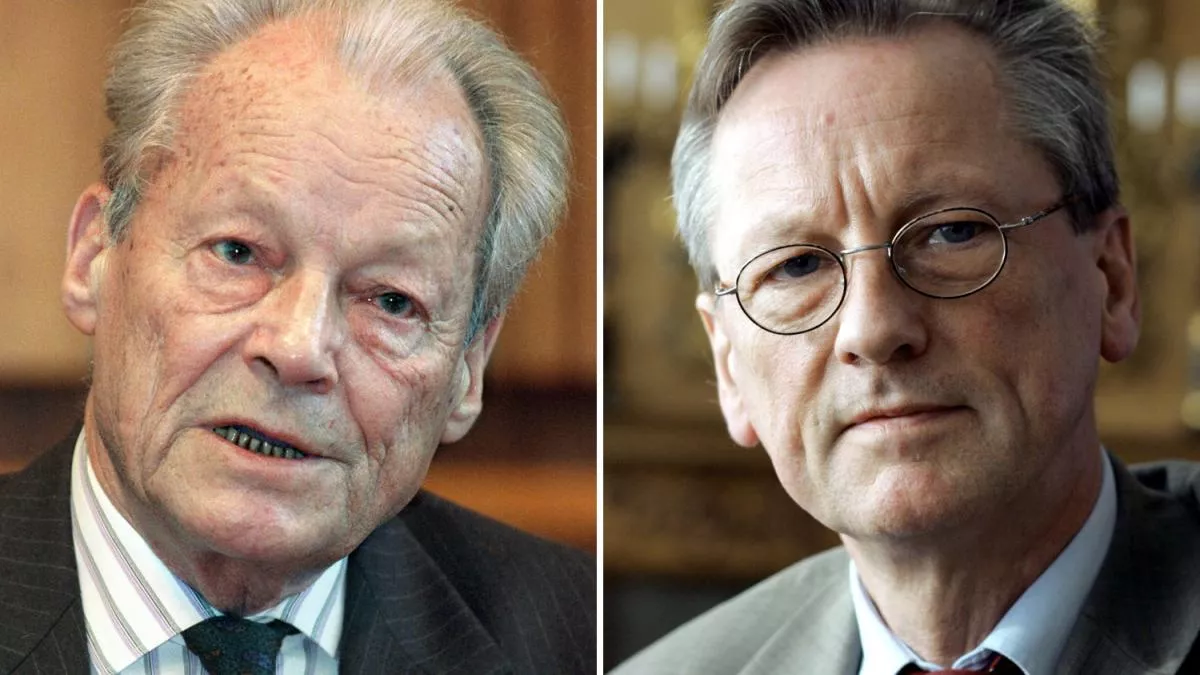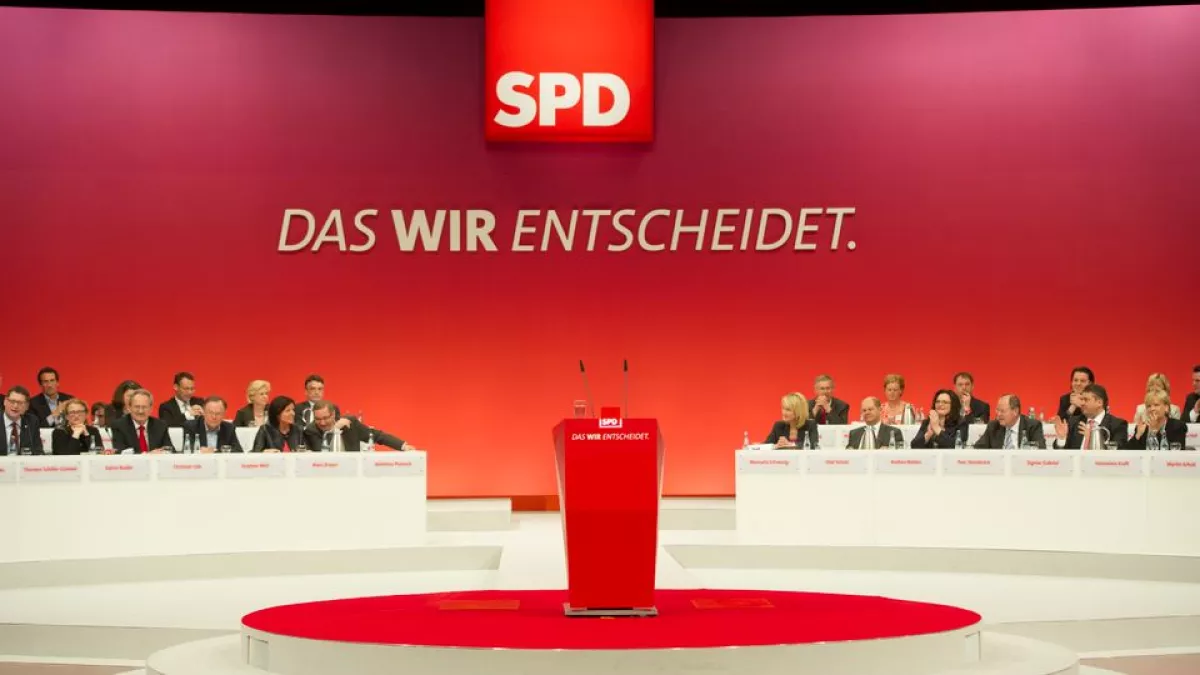Chancellor Brandt’s son backs party motion calling for Germany to re-engage with Russia SPD suffers growing internal rift
Internal divisions within Germany’s Social Democratic Party (SPD) over military spending and relations with Russia are set to reach a boiling point as the party convenes its congress on Friday. Party leader and Finance Minister Lars Klingbeil is facing growing resistance from veteran members, highlighting a deeper ideological rift within the SPD.
Among the dissenters is Peter Brandt, historian and eldest son of former SPD chancellor Willy Brandt, who was a key contributor to the creation of Germany's post-war policy stance. His legacy of Ostpolitik—a policy of engagement with the Soviet Union during his reign from 1969-74—still casts a long shadow over the party. Brandt, 76, has co-authored a motion critical of Germany’s recent defence expansion and calling for a “gradual return to détente and co-operation with Russia.”
“We are a long way from a return to a stable peace and security order in Europe,” reads the manifesto, released just ahead of the SPD conference. While acknowledging that improving Europe’s defence posture is “necessary,” an analysis of the document conducted by Financial Times points out that the text argues that this effort “must be embedded in a strategy of de-escalation and gradual confidence building — not in a new arms race.” This motion is reflected by the choice to add a famous quote by Willy Brandt to the footnote of each page of the manifesto, which urges that "Peace is not everything, but everything is nothing without peace.”

Brandt told the Financial Times that Klingbeil had approved the sharp rise in defence spending “without checking whether it is actually the line of the majority of members.” He added, “It is a problem. The stance is not as clear among members as it is reflected in the leadership.”
This backlash coincides with Klingbeil’s push to raise the military budget by 70 percent by 2029—part of his effort to reposition Germany’s defence strategy following Russia’s 2022 assault on Ukraine. Though the move aligns with Chancellor Olaf Scholz’s declaration of a “Zeitenwende,” or historic turning point in wide arrays of Germany's policy, the article notes that many within the SPD remain hesitant to fully embrace it.
Klingbeil’s efforts come at a politically sensitive time. After a historic electoral defeat in February, the SPD formed a fragile governing coalition with Christian Democrat Friedrich Merz. The coalition now depends on a slim 13-seat majority, making internal unity crucial for passing legislation on defence spending, arms deliveries, and conscription.
Uwe Jun, a political scientist at Trier University, observed that the SPD’s internal opposition, while not dominant, is significant. “The rebels are not a majority in the SPD but they are also not a small minority,” he told the publication. “There is a long tradition in the SPD of those who, in the 1970s and 1980s, came from the peace movement. They criticise anything that is to do with the military.”

This internal debate has become more pronounced since Klingbeil began reshuffling the party leadership in the wake of the election loss. His decision to replace parliamentary group leader Rolf Mützenich, a 66-year-old co-signatory of the manifesto, has sparked accusations that Klingbeil is consolidating power.
“Personal and political tensions also play a role,” said Gesine Schwan, a political science professor and veteran SPD member, who declined to sign the motion despite being invited.
Klingbeil, part of a younger generation shaped by the post-Cold War era, has worked to recalibrate the SPD’s foreign policy. In speeches and op-eds from 2022, he acknowledged that the party had “failed to recognise that things had long since begun to take a different course” in Russia.
Still, the article underscores that Peter Brandt insists the Russian threat has been overstated. “I do not share the idea that Russia is going to attack Nato,” he said. “The Russian army has shown weaknesses in the Ukraine war.” He further claimed, “Nato is now conventionally superior to the Russian army. Even without the Americans,” and labelled Nato’s 5 percent defence spending target as “irrational.” According to him, “The rational approach should be: you do a threat analysis first.”
Jun said Klingbeil represents a “new school of thought within the party,” with younger SPD MPs tending to be “rather pragmatic” on Russia. Still, Klingbeil faces resistance from the party’s traditionalists. “Détente, security and peace policy are still part of the SPD’s DNA,” Schwan noted.
By Nazrin Sadigova








